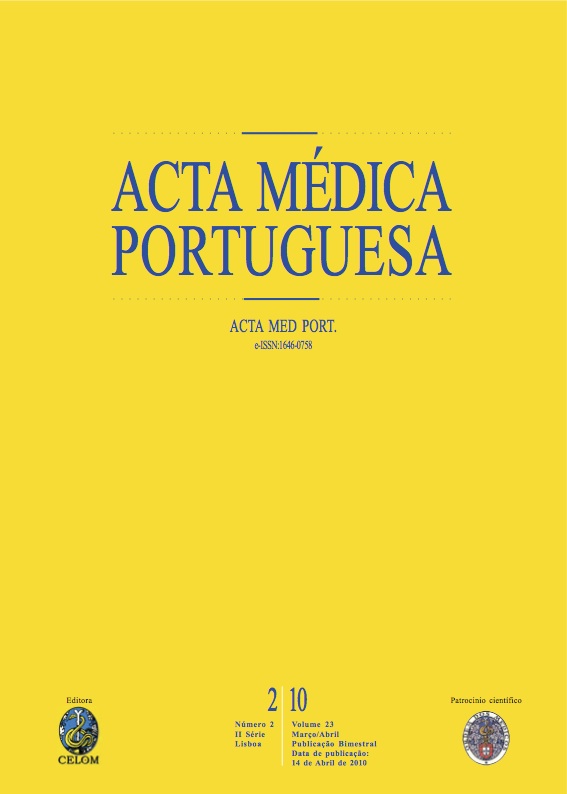Polycystic ovary syndrome: a psychosocial approach.
DOI:
https://doi.org/10.20344/amp.611Abstract
The polycystic ovary syndrome (PCOS) is an endocrine-gynecologic disturbance characterized mainly by chronic anovulation and hyperandrogenism, affecting between 5 and 10% of reproductive-age women. The main manifestations of PCOS include the following symptoms: menstrual irregularity, excess body hair, infertility, acne, androgenetic alopecia, obesity and acantose nigricans. These symptoms appear quite heterogeneously, with marked differences in their prevalence and intensity among different groups of women with PCOS. Despite being a biological condition, PCOS is not only a physical problem, but also a psychosocial one, interfering and compromising the quality of life of the women affected. Based on a review of the literature, this study discusses the psychosocial aspects of women with PCOS, highlighting the impact of symptoms on health-related quality of life. Considering that every woman responds differently to the symptoms that present themselves, we emphasize the importance of integrating the individual perspective of women with PCOS to their social context. In this sense, research findings are discussed using quantitative and qualitative methodological approaches to better understand the experience of women faced with PCOS. The symptoms of PCOS may be associated with the occurrence of anxiety, sexual dysfunctions and feelings of inadequacy in the female role, and may also trigger depressive symptoms and social isolation, significantly compromising quality of life. The authors underscore the importance of multidisciplinary care for women with PCOS, considering this condition to be an important psychosocial problem. Attention to the psychosocial aspects of PCOS has increased in recent years; however, related scientific production is still scarce.Downloads
Downloads
How to Cite
Issue
Section
License
All the articles published in the AMP are open access and comply with the requirements of funding agencies or academic institutions. The AMP is governed by the terms of the Creative Commons ‘Attribution – Non-Commercial Use - (CC-BY-NC)’ license, regarding the use by third parties.
It is the author’s responsibility to obtain approval for the reproduction of figures, tables, etc. from other publications.
Upon acceptance of an article for publication, the authors will be asked to complete the ICMJE “Copyright Liability and Copyright Sharing Statement “(http://www.actamedicaportuguesa.com/info/AMP-NormasPublicacao.pdf) and the “Declaration of Potential Conflicts of Interest” (http:// www.icmje.org/conflicts-of-interest). An e-mail will be sent to the corresponding author to acknowledge receipt of the manuscript.
After publication, the authors are authorised to make their articles available in repositories of their institutions of origin, as long as they always mention where they were published and according to the Creative Commons license.









